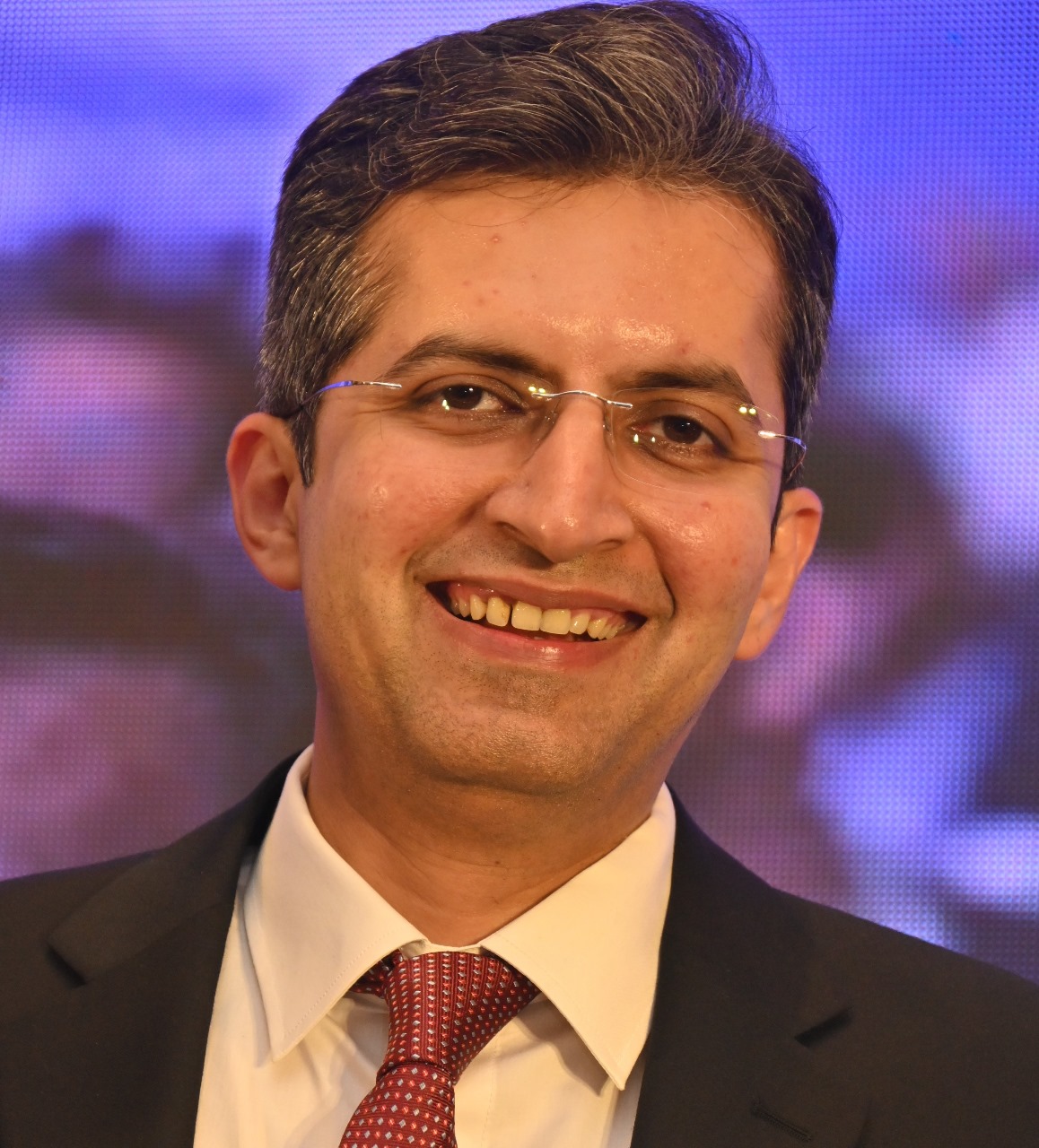BCAS President CA Anand Bathiya’s Message for the Month of May 2025
The term ‘profession’ traces its roots to the Latin word professio, meaning a public declaration or vow. Historically, this denoted a commitment to a higher ideal beyond personal interest—such as a vow to truth, justice, or service. Classically, professions embodied this ethos, combining specialised knowledge with a binding ethical code and a deep public responsibility.
For centuries, the distinction between a Profession and a Business has been clear. The earliest known explicit distinction of profession ≠ business comes from Plato’s Republic, circa 375 BCE, being clear in its emphasis that profession = service bound by ethics, whereas business = private gain.
The sociologist Émile Durkheim argued that professions emerged as ‘moral communities’ that filled the vacuum of trust in complex, modern societies. Similarly, Max Weber emphasised that professions are not mere occupations but vocations (Beruf)—a calling to serve society through competent and principled action.
The modern accounting profession emerged in the 19th century as industrial economies demanded credible, independent assurance on financial statements. Our own The Chartered Accountants Act, 1949, framed after Independence, enshrines this dual role: to be technically competent and ethically upright, serving both the client and the public interest. Thus, we are heirs to a proud legacy that combines specialised knowledge, ethical codes, and a public fiduciary role—the very definition of a profession.
Over the past few decades, fuelled by the forces of globalisation and perhaps the increasing scale and complexity of global business, the lines between the realms of profession and business have become increasingly blurred. These trends have, over the years, metamorphosed into a section of professionals operating their practices in a business-like manner, aka professional business firms. Whilst a commercial outlook does bring scale, efficiencies and processes, it runs the risk of Profits preceding Purpose and Big overshadowing Good, thereby compromising greater good over personal good.
Max Weber warned that over-bureaucratisation and commercialism can lead to the “iron cage”—a disenchanted profession stripped of its soul. Durkheim emphasised that professions should counterbalance market forces with moral solidarity and not succumb to being a part of it.
Even whilst structured as professional business firms, the ownership interests in such entities continued to be held by professionals. Through a recent wave of change, this fundamental assumption has also changed on its head, as Private Equity (‘PE’) investment finds momentum in accounting and consulting firms. The trend of financial investors owning professional business firms has the potential to rewrite the century-old distinction of Profession: Business, which has been the bedrock of our professional existence. While these developments promise new opportunities and growth, they also present ethical dilemmas and existential questions about who we are, what we stand for, and what future we envision for our profession.
In the calendar year 2024, global PE and venture capital-backed deals in accounting, auditing, and taxation services totalled $6.31 billion across 24 deals, the highest in any year in amount as well as number terms. As of March 2025, 12 of the top-30 U.S. accounting firms had received PE investments, with more firms in discussion. Several significant PE transactions have reshaped the accounting landscape:
- Grant Thornton LLP, a top 10 U.S. firm, announced a significant growth investment from New Mountain Capital, marking one of the largest such deals in the profession.
- Baker Tilly US LLP, another top 10 firm, secured a strategic investment from Hellman & Friedman and Valeas Capital Partners, representing the largest private equity investment in the U.S. CPA profession to date.
- Citrin Cooperman, a mid-sized U.S. firm, was acquired by a Blackstone-led investor group in a deal valuing the firm at over $2 billion. This transaction underscores the increasing valuation and attractiveness of accounting firms to private equity investors.
- In the UK, Unity Advisory, founded by former EY and PwC executives, launched with up to $300 million in backing from Warburg Pincus. Unity aims to challenge the dominance of large firms by offering tax, technology consulting, and M&A advisory services.
- Moore Global, a British mid-tier accountancy group, achieved record revenues of $5.1 billion in 2024, with private equity investments significantly contributing to this growth.
Several mid-tier and regional accounting firms have partnered with PE firms to access capital for technology upgrades, market expansion, and service diversification. The trend is now finding resonance in India. In the Indian context also there have been investments which illustrate the growing trend of private equity investment in accounting firms, bringing both opportunities and challenges.
As stewards of the profession, it is imperative to appreciate this trend and leverage it to advantage through a proactive framework that strikes the right balance between progressive gains and the structural tensions that private equity introduces into a profession like ours.
As much as outside financial capital promises scaling-up, consolidation and value-creation, the perils of misalignment of goals, loss of professional autonomy and erosion of ethics and public trust warrant a much deeper debate on its efficacy.
Should professions be treated as businesses governed by market forces and investor returns? Or as ethical practices guided by codes, communities, and public responsibilities? Or an approach that balances both these important considerations?
Closer home, Indian philosophical traditions have long emphasised dharma—the righteous duty of each profession or varna to uphold societal harmony and welfare. Kautilya’s Arthashastra (4th century BCE) provided elaborate ethical guidelines for financial administrators, auditors (samaharta), and treasurers long before modern accounting emerged. The idea was clear: artha (wealth) must be pursued within the framework of dharma (righteous conduct).
Let us ensure that capital serves the profession and the profession serves the public—not the other way around.
With warm regards and steadfast faith in our collective wisdom,












